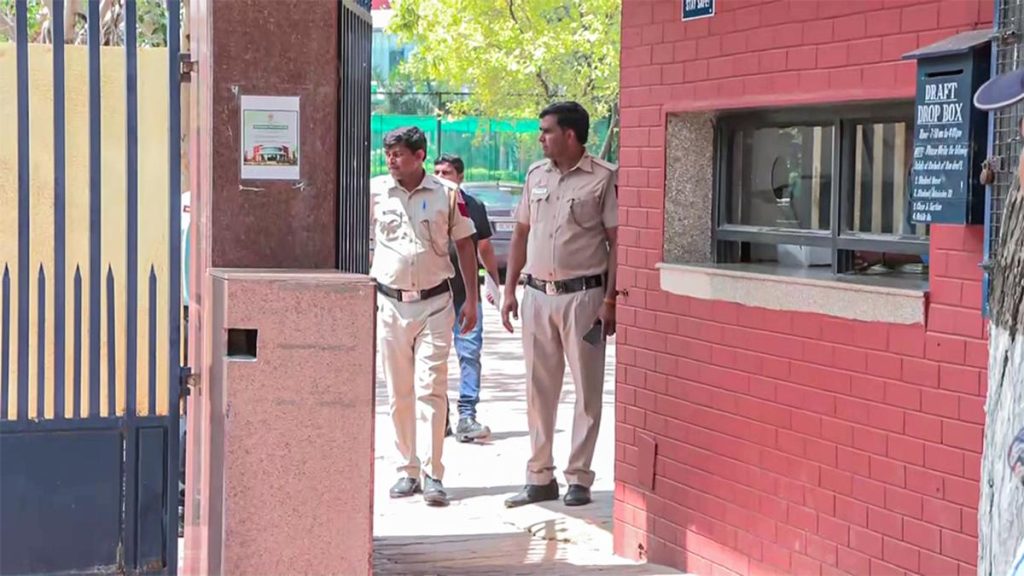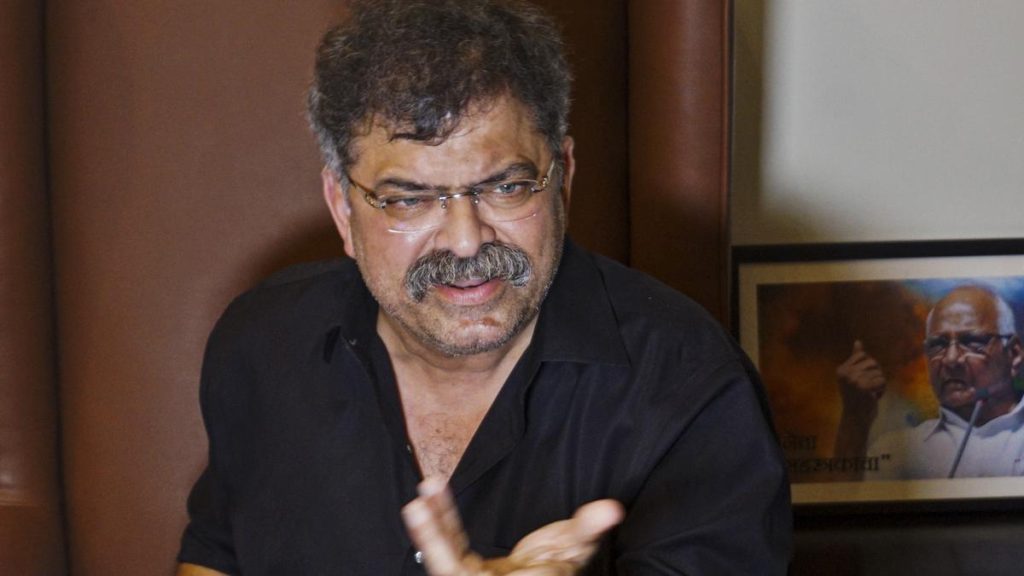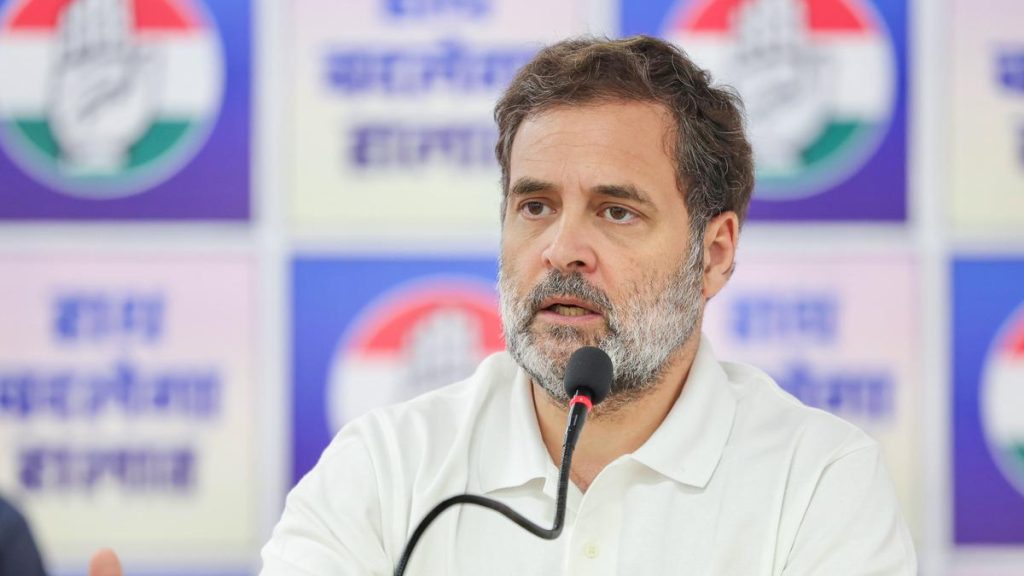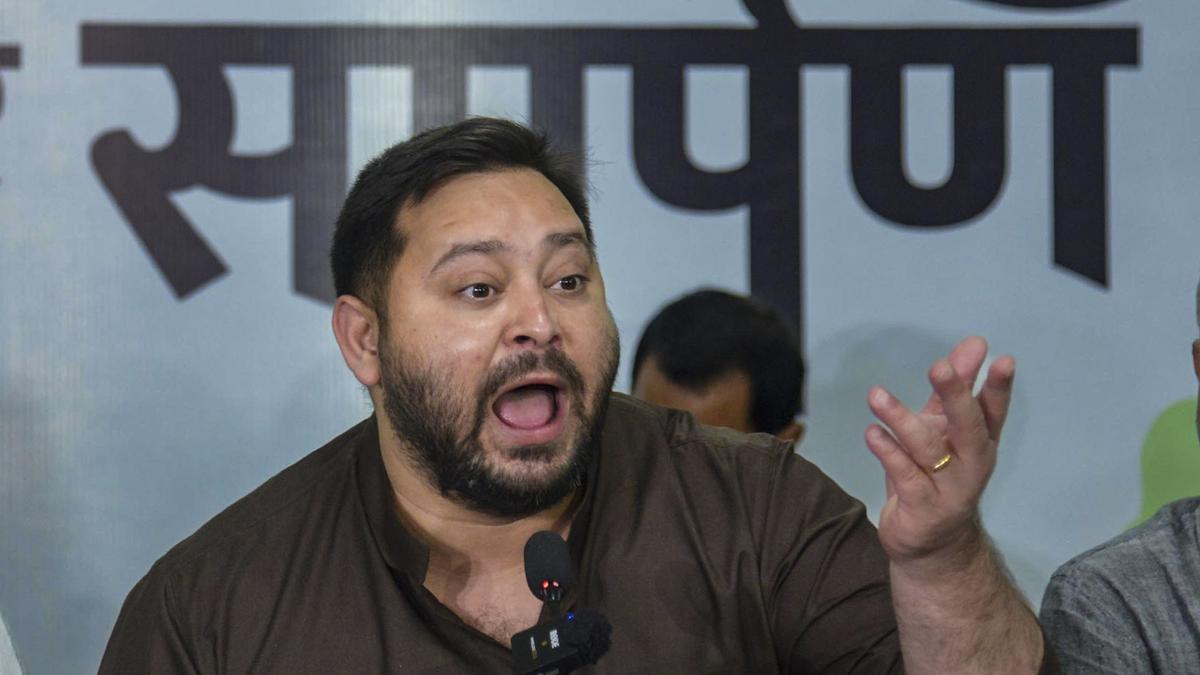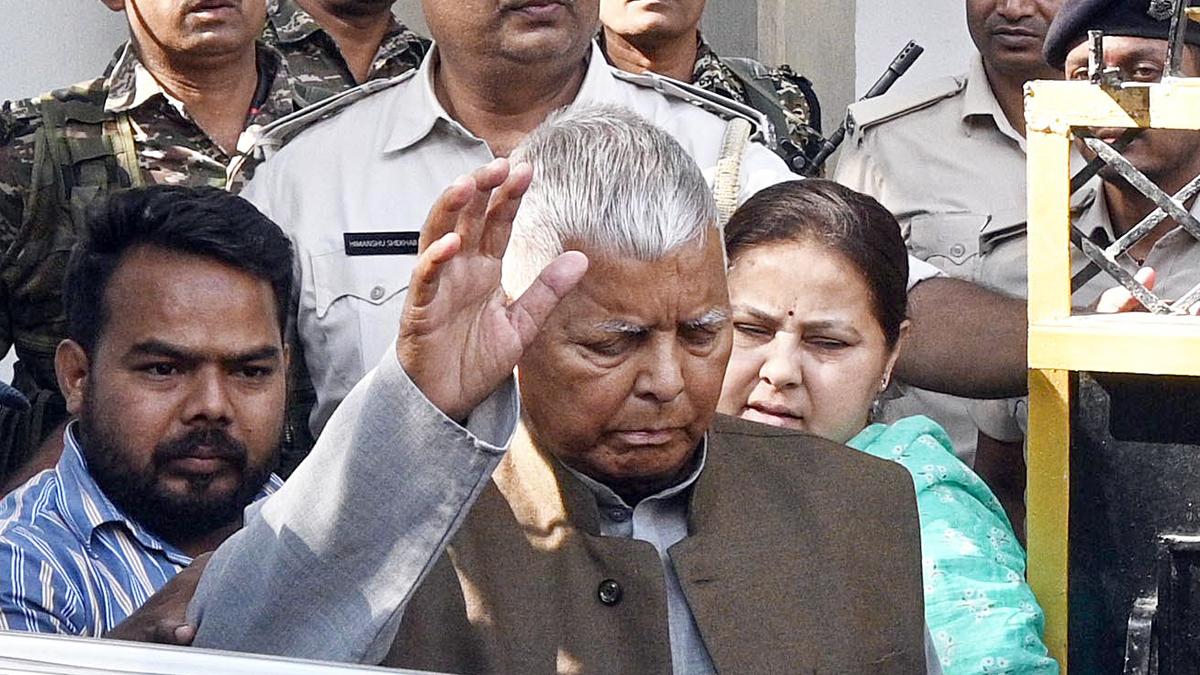Now Reading: Aviation Expert Questions WSJ Report on AI171 Crash Details
-
01
Aviation Expert Questions WSJ Report on AI171 Crash Details
Aviation Expert Questions WSJ Report on AI171 Crash Details
Swift Summary
- On June 12, 2025, air India flight AI171 crashed near Ahmedabad shortly after takeoff, killing 260 people.
- Wall Street Journal reports suggest the captain may have switched off the engine fuel controls during flight.
- India’s Aircraft Accident Investigation Bureau (AAIB) preliminary report includes a single pilot statement denying such actions but lacks full cockpit voice recorder (CVR) transcript.
- Aviation expert Sanjay Lazar criticized the lack of transparency in India’s investigation and raised concerns that U.S. media appears to have more details than Indian authorities or the public.
- Mr. Lazar called for a judicial probe lead by a High Court judge to ensure accountability and transparency.
- Air India completed precautionary inspections on Fuel Control Switches across its fleet of Boeing 787 aircraft following the crash.
- pilots involved in AI171 were captain Sumeet Sabharwal (15,638 flying hours experience) and Frist Officer Clive Kunder (3,403 hours experience).
Indian Opinion Analysis
The discrepancies between India’s AAIB preliminary report and detailed claims from U.S. media highlight challenges in maintaining investigative integrity amid transnational aviation incidents. The absence of full cockpit voice recorder data from official documents raises valid questions about oversight and dialogue gaps within India’s aviation investigation processes. Calls for judicial intervention underline public demands for enhanced accountability-key not only to resolving this incident but also boosting trust in domestic systems managing safety-critical industries.
This tragedy re-emphasizes systemic issues requiring attention: stronger coordination between investigative agencies, prompt sharing of evidence with stakeholders, and stricter enforcement mechanisms around preemptive technical inspections like those done post-crash by Air India.
Read more at: spacer.png”>Image
!80/2025-07-16T232459Z265906492RC2UKFA5LU3MRTRMADP3INDIA-CRASH-AIR-INDIA-PILOT.JPG”>Image
!


